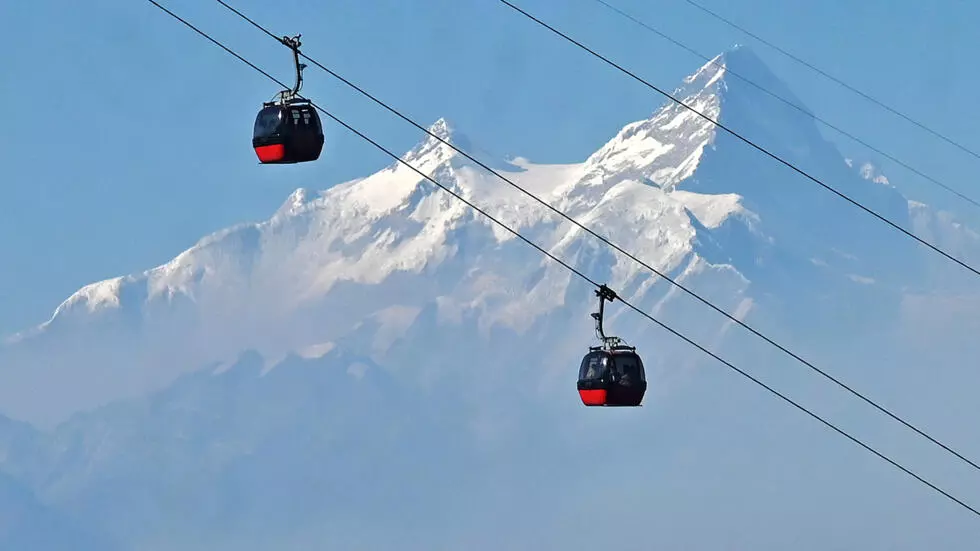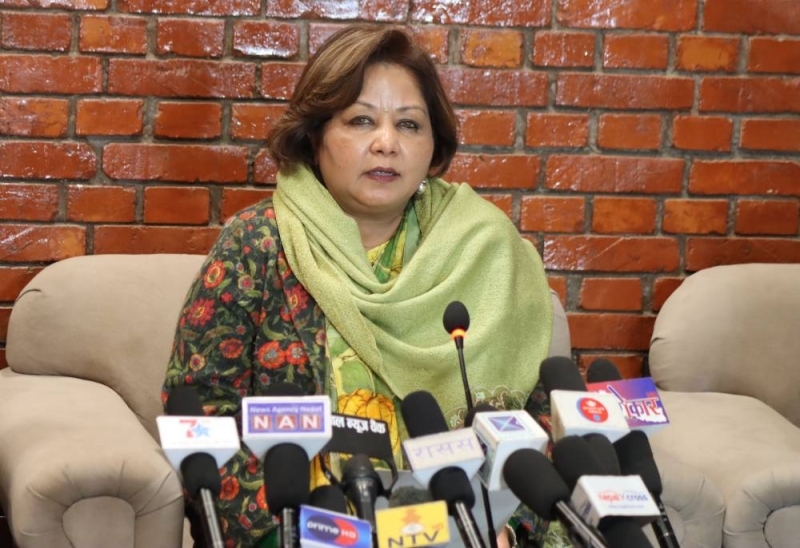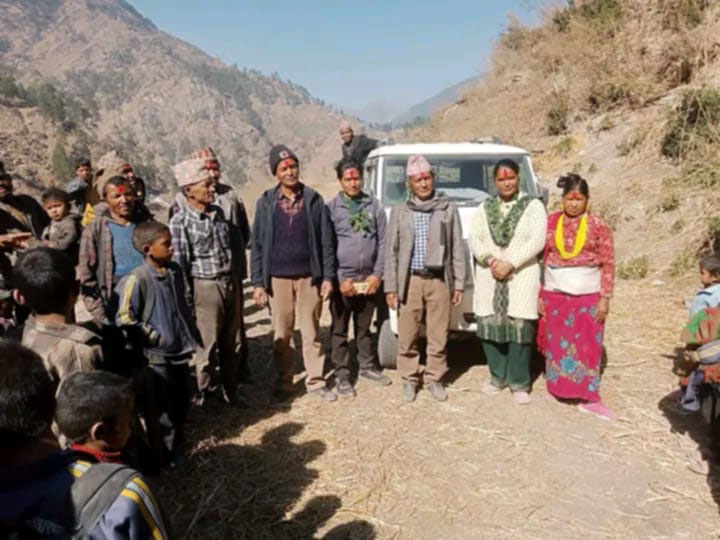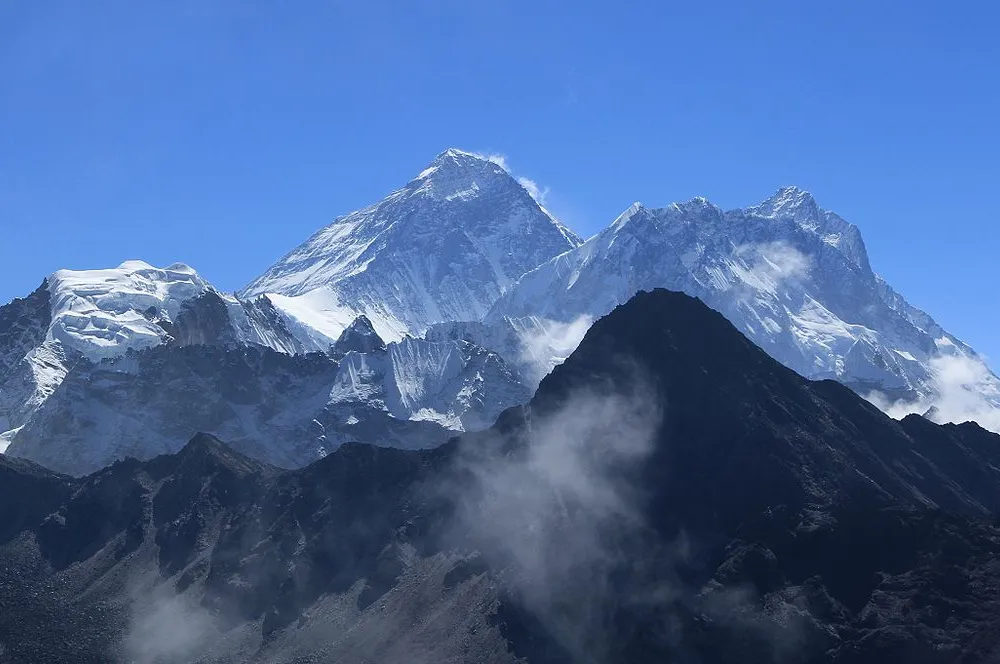Rising Threat of Chandipura Virus in Nepal: Experts Urge Vigilance

KATHMANDU : Public health and infectious disease experts in Nepal are raising alarms about the heightened risk of the Chandipura virus, which has been rapidly spreading in Gujarat and other regions of India. The virus, which has recently re-emerged, has already claimed 44 lives and infected 124 individuals in India. Cities such as Ahmedabad, Vadodara, Rajkot, and Surat have reported the highest prevalence of cases, according to Indian news agencies.
The virus’s transmission to Nepal is of significant concern due to the movement of people between India and Nepal. Dr. Baburam Marasini, a former director of the Epidemiology and Disease Control Division, emphasized Nepal’s vulnerability, noting that the virus had caused fatalities in Nepal in 2014, with 12 deaths reported in Morang. He highlighted that the Chandipura virus might have been present in Nepal for years but went undetected due to insufficient testing.
Dr. Sher Bahadur Pun, coordinator of the research unit at Sukraraj Tropical and Infectious Disease Hospital, warned that the presence of Aedes aegypti mosquitoes and sandflies, which transmit the virus, poses a potential epidemic threat. “There are both mosquitoes and sandflies here, and there is also movement of people, so it could spread as an epidemic at any time,” Dr. Pun stated.
The virus infects the brain through the bloodstream following a bite from an infected mosquito or sandfly, leading to severe complications such as nerve, kidney, and liver failure, and can result in death within 48 hours. The disease has a high mortality rate of 60 percent, with symptoms resembling encephalitis.
Dr. Yadu Chandra Ghimire, head of the Epidemiology Division, confirmed that while they are aware of the risk of the Chandipura virus spreading from India, no testing has been conducted on patients yet. “Discussions have been held with the National Public Health Laboratory about testing if any infections are detected. So far, no infections have been detected, but we are prepared to conduct tests if any cases are identified,” Dr. Ghimire stated.
Public health experts advise that both hilly and Terai districts in Nepal are particularly at risk. To prevent infection, they recommend measures such as avoiding mosquito and sandfly bites, using mosquito nets, maintaining a clean environment, and installing nets on windows and doors.



















Facebook Comments